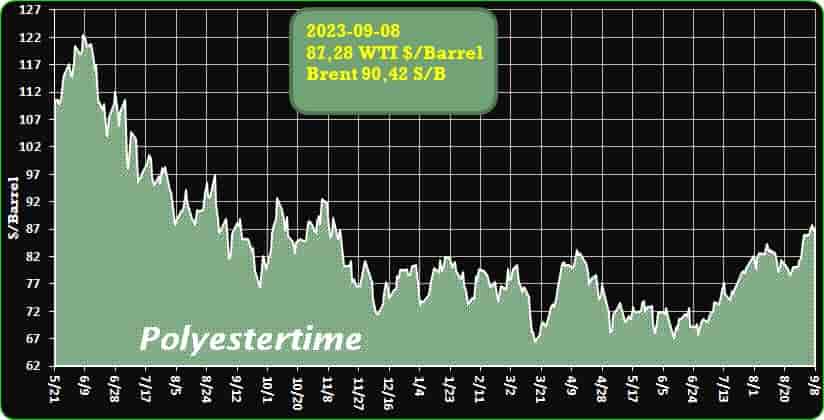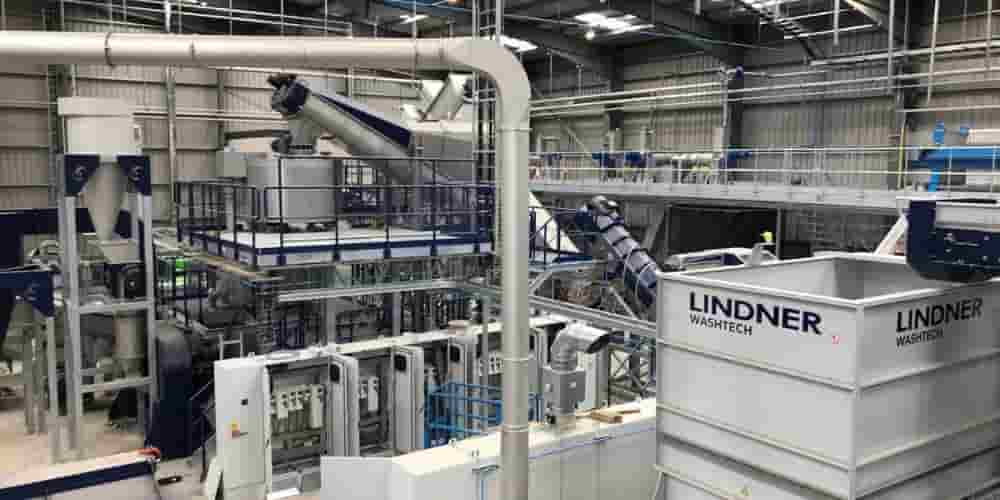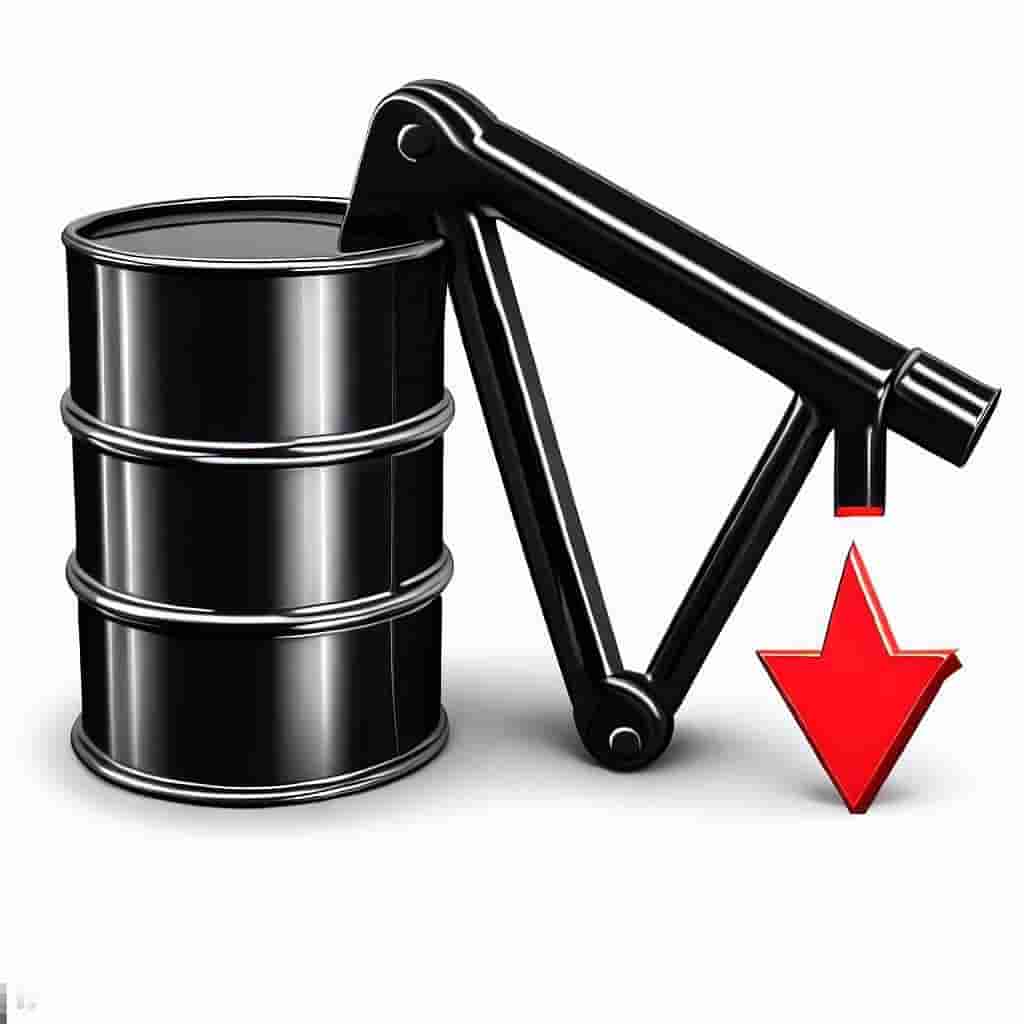Recent Research Uncovers the Potential for Sweat to Extract Flame-Retardant Chemicals from Microplastics
A recent study conducted at the University of Birmingham has unveiled that sweat has the potential to release flame-retardant chemicals from microplastics, possibly facilitating their absorption through the skin, as reported by Specialchem.
In the study, researchers examined microplastics sourced from common plastic materials and subjected them to synthetic sweat within a laboratory setting. They assessed the extent to which brominated flame retardants, a group of chemicals employed to enhance plastic performance, could be accessed after microplastics had interacted with sweat.
The findings consistently demonstrated that the toxic chemicals leached out from the plastic particles. Consequently, there is a possibility that these chemicals can be absorbed through the layers of the skin. Flame-Retardant Chemicals
The research paper, published in Environmental Science and Technology, highlighted polyethylene microplastics as particularly concerning in terms of the accessibility of flame-retardant chemicals. Previous animal studies have associated these chemicals with adverse health effects such as neurotoxicity, reproductive toxicity, and cancer.
Dr. Ovokeroye Abafe, a Marie-Curie Research fellow at the University of Birmingham and the lead author of the paper, emphasized the significance of the study’s insights regarding the risks associated with daily exposure to microplastics. Dr. Abafe pointed out that microplastics can continually contact our skin, whether through clothing, cosmetics, indoor and outdoor dust particles, or even from the air.
Dr. Abafe concluded, “We have presented the first experimental evidence that toxic additive chemicals can leach from microplastics into our sweat and become available for absorption through the skin. This raises concerns about potential adverse effects of these chemicals, including endocrine disruption, neurotoxicity, obesity, and cancer.”
Additionally, it’s worth noting that LANXESS has recently expanded its benzyl alcohol production capacity at its Kalama, WA, US facility to support its growing customer base in the Americas. This expansion resulted from various technical enhancements. LANXESS also manufactures benzyl alcohol at its facilities in Krefeld-Uerdingen (Germany), Botlek (Netherlands), and Nagda (India). Flame-Retardant Chemicals
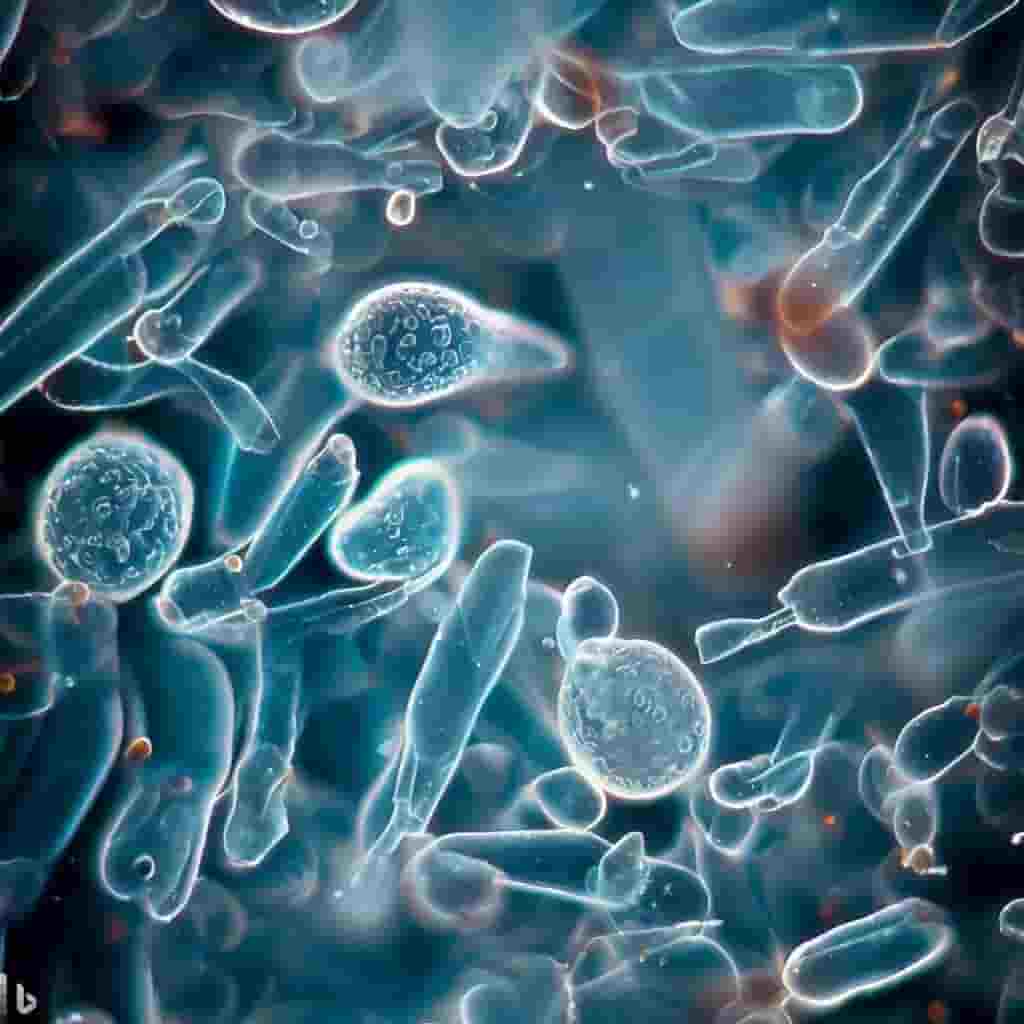 People at Alpla: interview with Indira Habibovic
People at Alpla: interview with Indira Habibovic
Indira Habibovic has been a central figure in the ALPLA Sales team for twenty years now. The Dutchwoman joined the company straight after finishing her studies – initially as an assistant to the Key Account team and CCO Nicolas Lehner. For almost ten years, she has been a Global Key Account Manager and looks after ALPLA’s top customers. In this People at ALPLA interview, Indira explains why they call her ‘Heart of Hard’ and throws light on what shapes her day-to-day work at ALPLA. Flame-Retardant Chemicals
Hi, Indira. It’s nice to chat with you. You have been at ALPLA for 20 years now. What have been your personal highlights?
The personal highlights in my career are closely linked to my customers. These include one of the world’s largest consumer goods manufacturers and a major producer of cleaning and household products. These two companies rank among ALPLA’s top customers, and we have established a very strong relationship with them over the years.
Take the consumer goods manufacturer, for example. Over the past few years, we’ve grown to become one of their leading global suppliers. In the Beauty Care division, we are practically their sole supplier in Europe – a remarkable testament to our outstanding collaboration. Typically, large companies like these engage with at least two packaging suppliers, making this exclusivity something truly special.
We’ve also achieved outstanding global results together, which naturally makes me very happy. Most recently, we successfully launched a completely new product in just 18 months. Not only do we have new ingredients, but we also quickly developed an extraordinary new packaging system. The system is very innovative. The packaging is super-light and reduces plastic usage in production by 45 per cent. Moreover, the bottle can be fully squeezed, ensuring every last drop of content is extracted and takes up less space in recycling banks. The bottles and caps are made from the same material, making recycling easier. The shape of the packaging has been redeveloped as well.
This customer’s high regard for me isn’t just evident through the awards we’ve received from them. During a recent meeting with our top management, one of their managers referred to me as the ‘Heart of Hard’, demonstrating the strong and appreciative relationship I’ve cultivated with this top customer. Flame-Retardant Chemicals
Can you tell us more about your second key account customer?
Yes, gladly. The manufacturer of popular cleaning products and household goods is experiencing robust growth. This company is a particularly tough negotiating partner and I´m all the more pleased that we have become almost the exclusive partner in Europe. This achievement is far from guaranteed, considering that we had completely lost business in Spain, where we were once a key supplier for the customer over a decade ago. Today, we are once again their supplier there.
More…
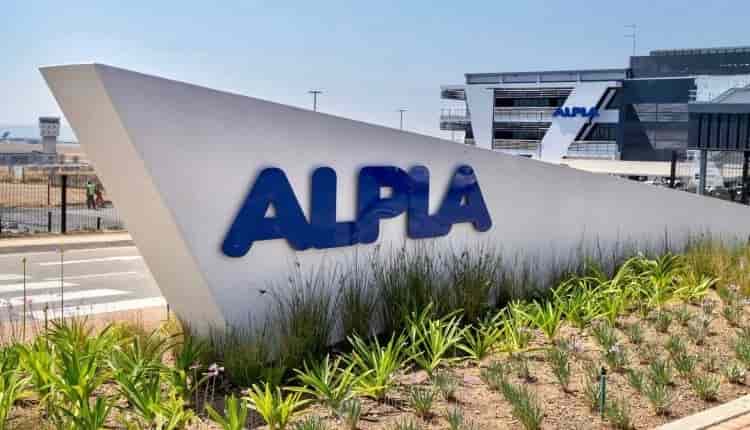
Embracing Recycled Polymers for Sustainable Manufacturing: Axion Polymers’ Call to Action
In an era where environmental concerns and sustainability have taken center stage, Manchester-based plastics recycler, Axion Polymers, is advocating for a fundamental shift towards the use of recycled polymers in various industries. They assert that incorporating recycled raw materials into the manufacturing process can play a pivotal role in helping businesses reach their sustainability targets and align with ever-evolving industry regulations and mandates. Flame-Retardant Chemicals
Axion Polymers proudly offers a diverse range of Axpoly recycled polymer grades, all meticulously crafted in the United Kingdom while adhering to ISO9001 quality standards, as well as being compliant with REACH and RoHS regulations. These engineering polymers are versatile and suitable for an array of injection molding applications, spanning from automotive components to consumer electronics and construction materials. Furthermore, the company is equipped with state-of-the-art laboratory facilities for rigorous in-house testing of both their recycled polymer input materials and finished products, ensuring the highest quality standards. Most notably, Axpoly recycled polymer grades conform to permissible levels of substances of very high concern (SVHCs) and persistent organic pollutants (POPs), safeguarding environmental health.
One of the standout benefits of adopting Axion Polymers’ recycled polymers is their substantial carbon footprint reduction. Utilizing Axpoly PP, for instance, results in an impressive 81% carbon savings, while opting for Axpoly ABS leads to an even more remarkable 90% reduction in carbon emissions when compared to using virgin polymer materials. Flame-Retardant Chemicals
These recycled polymers offer manufacturers a unique opportunity to meet evolving regulatory requirements. For instance, the European Union is introducing regulations aimed at enhancing material circularity within the automotive manufacturing sector. Under this mandate, 25% of the plastic employed in constructing new vehicles must be recycled plastic, with 25% of that recycled material sourced from end-of-life vehicles. Axion Polymers’ offerings align perfectly with these directives, facilitating compliance for businesses operating in the European market.
One critical factor that sets Axion Polymers apart is their secure supply of infeed materials from their parent company, S. Norton Group. Axion utilizes advanced process technology capable of converting non-metallic waste from end-of-life vehicles and discarded electronic products into a range of valuable products.
These include recycled plastics, construction aggregates, and alternative fuels that are supplied to energy-from-waste plants. Flame-Retardant Chemicals
This integrated approach not only reduces dependence on landfill but also helps in curbing greenhouse gas emissions, reinforcing their commitment to environmental stewardship.
Laura Smith, Commercial Manager – Polymers and Co-products at Axion Polymers, emphasized the significance of this innovative process, stating, “At S. Norton Group, we’re proud that our processes showcase how plastic waste can be harnessed to create valuable new products, thereby conserving precious resources, reducing dependence on landfill, and protecting the environment from greenhouse gas emissions.”
Tony Hayer, Managing Director of S. Norton Group, added further weight to the argument for embracing recycled polymers, saying, “At a time of great change in the plastics industry, when businesses are facing mounting pressure to adopt circular practices and reduce their environmental footprint, using recycled polymers has plenty of benefits, including reduced demand for oil-based virgin polymer and significant carbon savings.”
To engage with Axion Polymers and learn more about their sustainable solutions, visit their exhibition booth at Interplas, scheduled for September 26-28, 2023, at the NEC in Birmingham. Flame-Retardant Chemicals
Located in Hall 4, Stand A8, their presence at this event underscores their commitment to promoting the use of recycled polymers as a driving force for positive change in the plastics industry. As the world moves towards a more sustainable future, Axion Polymers stands at the forefront, advocating for a fundamental shift towards recycled polymers, offering businesses the means to reduce their environmental impact and meet stringent regulations while forging a path towards a more sustainable and circular economy.

Lummus and RWDC take their partnership into the next phase
Following the MOU signed in April between Lummus and biotechnology company RWDC, in which the two companies agreed to cooperate on the development of technology to accelerate PHA production at scale, the partners have now announced a binding Joint Development and Commercial Cooperation Agreement (JDCCA) aimed at rapidly expanding the manufacturing and global licensing of polyhydroxyalkanoate, or PHA, materials. Lummus is contributing its experience and expertise in the licensing of process technology to the partnership, complementing RWDC’s expertise in PHA production and application. RWDC offers an attractive package to licensors, with its demonstrable technology innovation and technical capabilities, combined with its commercial value proposition and unit economics. Flame-Retardant Chemicals
The partnership will broaden the global availability of PHA and promote its further adoption as a sustainable alternative to fossil-based plastics.
“This agreement highlights Lummus and RWDC’s strong commitment to addressing plastic waste and the carbon footprint associated with conventional plastics production…reflecting our ongoing dedication to developing technologies that accelerate the use and availability of eco-friendly plastics,” said Leon de Bruyn, Lummus Technology’s president and CEO.
RWDC, with global headquartersin Singapore and operational headquarters in Athens, Georgia, has developed a proprietary microbial fermentation process that produces its Solon PHA using plant-based oils, including post-consumer or waste cooking oils, as feedstock. Flame-Retardant Chemicals
The material is both home and industrially compostable, meaning that products or packaging made with PHA that find their way into the environment will fully biodegrade in soil, fresh water, and marine settings, the company claims: and it holds certifications from TÜV Austria in six categories to prove it.
More…

Organize a seminar on chemical recycling with BPF as the host
The British Plastics Federation (BPF) is gearing up to host a half-day online seminar on the 19th of October, delving deep into the latest advancements in chemical recycling. This eagerly anticipated event, proudly sponsored by Plastics Europe and the Environment Exchange, promises a stimulating lineup of speakers poised to explore contemporary issues and novel concepts that are shaping the future of plastic recycling.
With a live program featuring seven dynamic speakers hailing from prestigious organizations such as Wrap, Plastics Europe, Warwick University, and ExxonMobil, attendees are in for a thought-provoking experience. Additionally, participants will have the opportunity to access three pre-recorded sessions that delve into key innovations within the field. Flame-Retardant Chemicals
Kicking off the live sessions, Adam Herriott, a senior specialist at Wrap, will set the stage with an insightful overview of chemical recycling, delving into the intricacies of the plastics recyclate market. Following this, Will Collins, global editor at Argus Media, will provide a comprehensive analysis of capacity and supply trends, shedding light on operational facilities and what the future holds for the industry.
David Carroll, director of external affairs at Plastics Europe, will then take the stage to discuss the latest breakthroughs in mass balance at a European level, offering valuable insights into the industry’s trajectory. Stuart Coles, a distinguished reader at Warwick University, will provide an expert perspective on Life Cycle Analysis for chemical recycling, a crucial aspect of sustainable plastic management.
A pivotal panel discussion will center around feedstock availability, a critical issue facing the chemical recycling sector. Following this discussion, Katerina Garyfalou, vice president of new ventures at Clean Planet Energy, will share a compelling case study on the company’s investments in chemical recycling within the UK and its innovative approach of establishing ecoplants as part of its business model. Flame-Retardant Chemicals
Concluding the live sessions, Adrian Da Costa, global development director at ExxonMobil, will dissect the barriers hindering significant investments in chemical recycling, offering valuable insights into the drivers at play.
The three pre-recorded sessions promise to be equally enlightening. Jen Hill from B & M Longworth will present on Pressolysis, Steve Burns from Reventas will discuss the future of dissolution advance recycling, and Jacob Nathan from Epoch BioDesign will delve into the fascinating world of enzyme recycling. Furthermore, attendees will have the privilege of accessing recordings from the BPF’s 2020, 2021, and 2022 chemical recycling seminars, enriching their knowledge base.
Stephen Hunt, BPF’s Membership Services Director, expressed his enthusiasm for the event, noting the rapid growth of chemical recycling within the plastics recycling industry. He highlighted the increasing popularity of the event, citing last year’s record-breaking attendance from over 25 countries. He anticipates an even greater turnout this year and emphasizes the seminar’s relevance for all stakeholders across the plastics industry supply chain. Flame-Retardant Chemicals
The 2023 chemical recycling online seminar is scheduled to run from 13:30 to 17:20 on the 19th of October. To participate, the registration fee is £49 + VAT for BPF and Plastics Europe members and £99 + VAT for non-members. This event promises to be a pivotal moment for industry professionals, providing a comprehensive understanding of the current landscape and the groundbreaking technologies that will shape the industry’s future. Don’t miss out on this opportunity to stay at the forefront of the chemical recycling revolution.
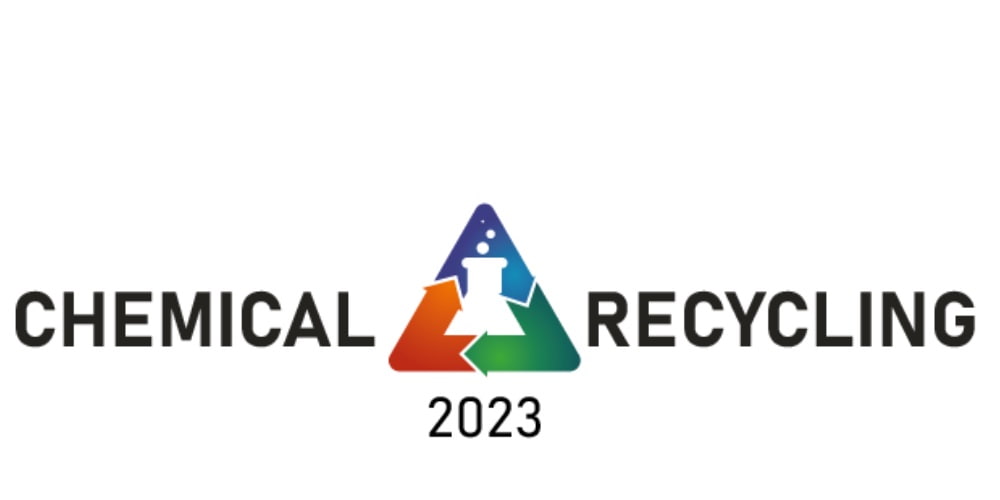
Polyethylene furanoate PEF – BYD: The Chinese Automaker Conquering the Globe with Cutting-Edge Battery Technology by Mr. Chuanfu 07-09-2023
Flame-Retardant Chemicals
